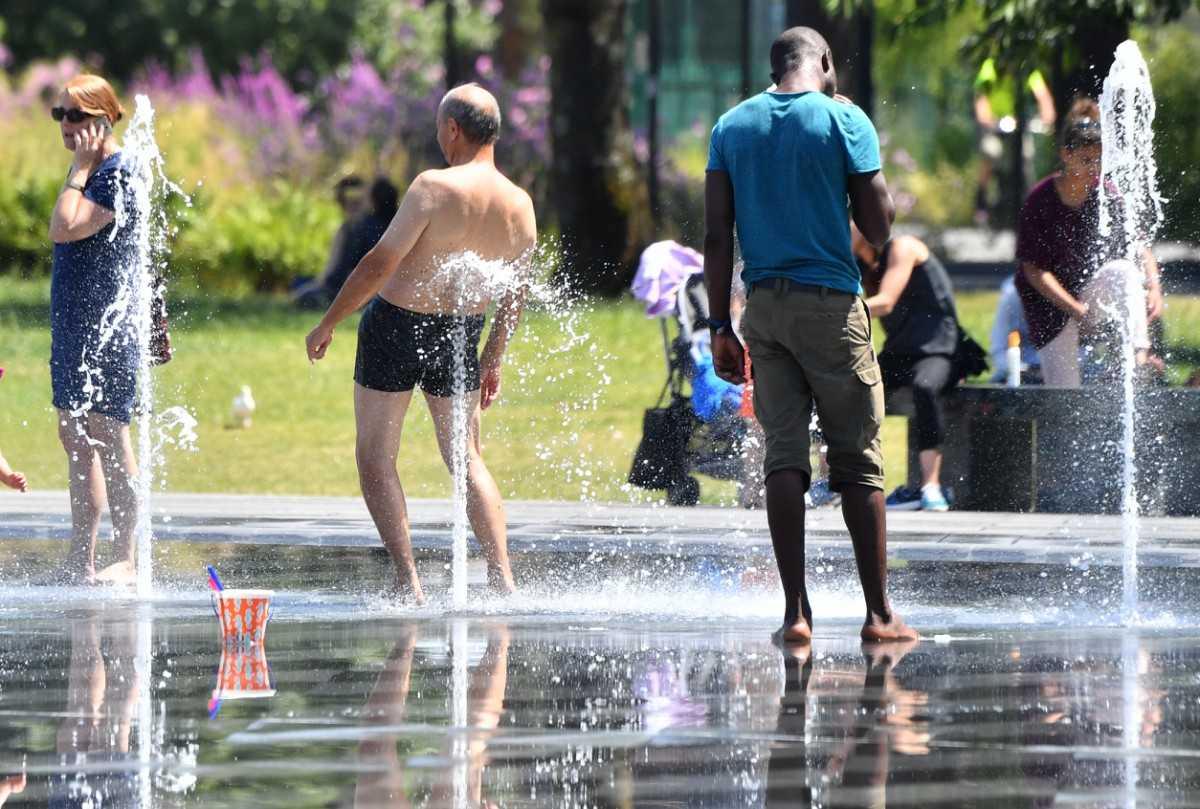Europe's city schools, hospitals at risk from extreme heat, EU agency says
Climate change is making heatwaves hotter and more frequent - a trend that, when combined with urban heat islands, poses risks including increased deaths from heat stress to vulnerable populations like the elderly.
Just In
Nearly half of schools and hospitals in European cities are located in urban "heat islands", exposing vulnerable populations to health-threatening temperatures as climate change impacts worsen, the European Union's environment agency has said.
Around 46% of hospitals and 43% of schools are in areas at least 2 degrees Celsius warmer than the regional average - fuelling fiercer heatwave impacts than in rural areas, the European Environment Agency (EEA) said on Wednesday, in an analysis of how Europe can adapt to climate change.
The reason is the urban heat island effect, where dense clusters of buildings and infrastructure like roads absorb and retain more heat than green areas.
"This is something which will have severe consequences for human health," said Blaz Kurnik, head of the EEA's climate adaptation department.
Climate change, caused by industry continuing to burn fossil fuels, is making heatwaves hotter and more frequent - a trend that, when combined with urban heat islands, poses risks including increased deaths from heat stress to vulnerable populations like the elderly.
"Vulnerability in Europe is also increasing due to the aging population, due to the more condensed cities. This is something that, with the combination of the heat waves, will become quite a risk for society in the future," Kurnik said.
The phenomenon has already been observed during temperature extremes. During an August 2003 heatwave, heat-related mortality in cities in the West Midlands area of Britain was twice as high as in local rural areas.
The EEA urged governments to introduce measures to lessen the heat island effect in cities, such as introducing more cooling green spaces and water. Some already are - such as the City of Paris's programme to transform 10 pilot schools' grounds into cooler, greener spaces, with fountains and drought-resistant plants.
Kurnik said other measures could include bringing forward the start of school holidays to avoid teaching in intense heat - but that in general, while all EU countries now have some form of climate adaptation strategy, most have yet to turn them into concrete actions.
Subscribe to our newsletter
To be updated with all the latest news and analyses daily.
